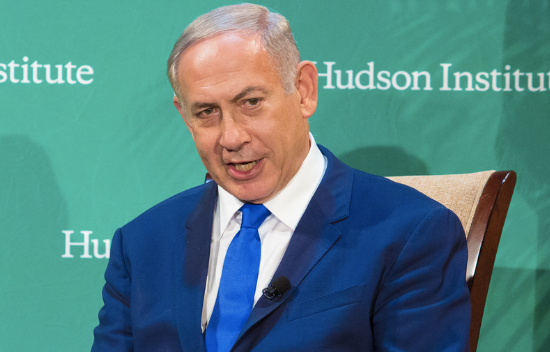Walter Russel Mead
WSJ, Dec. 16, 2023
“But what if there was a deep reform in Palestinian governance?”
Travel is educational, and a week in Israel taught me two things. First, the conventional Beltway wisdom about Israeli politics is deeply flawed. Second, the gap between the Biden administration and Israel on the Palestinian question may be more manageable than most observers understand.
In Washington, almost every conversation about Israeli politics starts with two big ideas: that Prime Minister Benjamin Netanyahu is a dead man walking, and that his fall from power will bring someone more amenable to two-state negotiations with the Palestinians.
Israelis scoff at both notions. Even Mr. Netanyahu’s harshest domestic critics aren’t sure that his career is over. The Oct. 7 attacks wounded him badly, but he’s pulled enough rabbits out of enough hats over the years that few are ready to write him off. The common view seems to be that Mr. Netanyahu, like Westley in “The Princess Bride,” is only “mostly dead,” and that his government has at least six to 12 months to run.
As to the policies of his potential successors, there is no pro-“peace process” movement in Israeli politics today. With the Oct. 7 attacks still reverberating, no serious Israeli politician would dream of running on a platform of facilitating the emergence of a Palestinian state.
That said, the Beltway chatter about “the day after” in Gaza and the future of the Palestinians overstates the difference between the Israeli and American positions. There is a narrow path for progress here.
… [To read the full article, click here]


